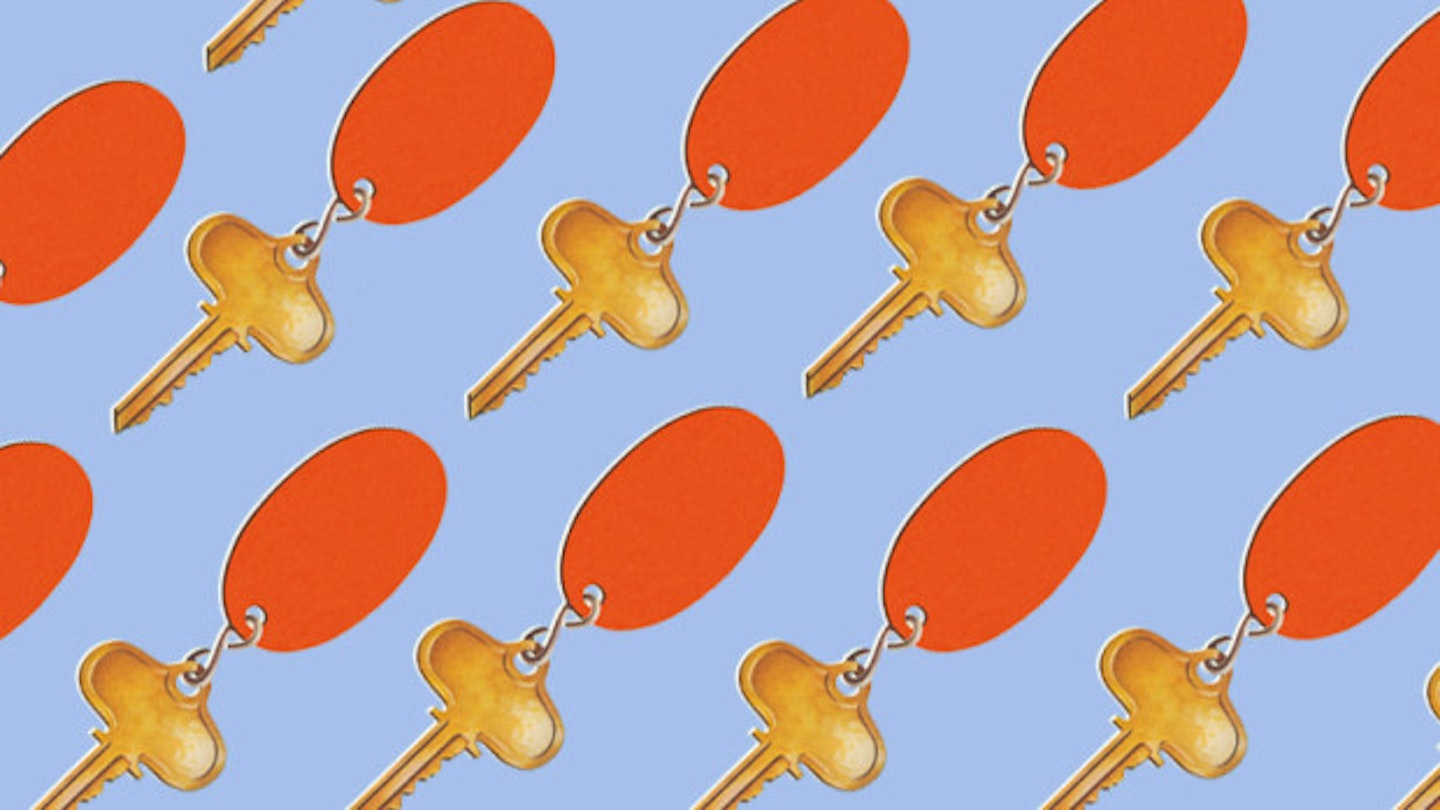Keeping your data secure, stored and safe is slightly more sophisticated than Password123 these days. As we migrate our shopping, banking, flirting and messaging on to a host of devices and online servers, we leave ourselves open to a host of infringements. Infringements, largely, of our own making by being sloppy, unimaginative and uninformed.
But why would a hacker want your shit, I hear you ask? Well, firstly they want your personal information so they can sell it to people who want to advertise to you, or impersonate you for fraudulent (ie bad-guy) reasons. Secondly, they want your financial information so they can rob you like bottle of shampoo in a cheap hotel. And finally, they want secret control of your computer, so they can use it to do bad things. Or just to prove that they could do bad things, like the Lizard Squad bringing down the Playstation Network last month.
On the whole, hackers (or, to use their technical name, ‘baddies’) do this by tricking you into installing nefarious software, called Malware, on your computer, or by tricking you into handing over your information via various tricks and scams. One of the most common scams would be an email saying something like, ‘You need to log into your PayPal account or we will disable it,’ but it will then actually send you to their own baddie web page and record the details you type in.
Of course, a really determined hacker can probably get through most of the safeguards we use, but, like using two or more bike locks, the more protections you put in place, the more of a faff it becomes for the person trying to break them, and the less likely they are to bother.
So, to kick things off, use a secure browser, like Chrome or Firefox, instead of Internet Explorer. (Remember Internet Explorer? It’s like your first snog of the internet world. In fact, it was probably what you used to check out your first snog’s MySpace page with, while listening to The Strokes and trying to roll a cigarette using a page torn from your maths book.) According to the systems architect Martin Kelly, aka ninjacodemonkey, you should also ‘turn on two-factor authentification for every service that allows it, especially Gmail/Google, Twitter, PayPal, Facebook and apple.com if you use apple devices.’
If, like me, at this point you’re asking, ‘What is two-factor authentification?’ apparently it means that even if someone gets your password, they can’t take over your accounts.
Talking of passwords, it is no longer enough just to hope that your first dog’s nickname is obscure enough to befuddle the Pentagon. We should all be using a password manager like dashlane or lastpass, that notifies you whenever a service you use suffers a data breach, and prompts you to change your password. You can even let it generate and memorise random passwords for you, so your passwords are all different. That way you don’t have to remember them all, just the master password for your password manager. As security expert Bruce Schneier says, ‘Pretty much anything that can be remembered can be cracked.’
Encrypt your phone , and your computer’s hard disk, so even if your device is lost or stolen, your personal information isn’t
Now if, like many of us, you use your phone as a boyfriend-cum-personal-assistant-cum-short-term-memory, you should probably start taking its safety a little more seriously. And I don’t mean knitting it a cover. ‘Encrypt your phone, and your computer’s hard disk, so even if your device is lost or stolen, your personal information isn’t,’ Not to mention the basics like having a passcode and not storing all your passwords as note form on your phone under the heading Passwords (hi mum).
READ MORE: What Your Cringe Noughties Email Address Says About You
Of course, you should be using antivirus software. But, like a subscription to the London Review Of Books and your sexual health test, it’s only really useful if you keep it up to date.
Facebook scams are like the changing of the seasons and the sliding of the tides – they come and go, wash in and out, and it’s well worth your while to keep familiar with the current crop. You know, so you can avoid them. Most of the time, the best rule of thumb is simply, don’t click. As Martin says, ‘Don’t open files, or click on links, sent to you in an email, especially if they claim to show pictures of your friends naked.’ Don’t fall for the old “Guess who’s been looking at your profile” schtick, don’t download things that will boost your followers, don’t enter competitions and please don’t accept invites to play Farmville or Candy Crush Saga (OK, those last two aren’t about safety – they’re just an awful way to waste your time on this earth).
Right, it’s time to talk about sex. Specifically pornography. Not only is pornography a social and political shitstorm, but when it comes to the internet, there’s also no such thing as a free lunch(time wank). ‘Stop looking at free porn on the internet. Nothing is free. They’re after your data,’ says Martin. According to security expert Conrad Longmore, your chances of being exposed to malware on some of these sites is over 50% which, as any racing man can tell you, are shitty odds.
Finally, while you are almost certainly too sophisticated to be taken in by this, it bears repeating – don’t be a noob. As Martin says, ‘No, people don't have one amazing trick to get iPads for £17. Really. They don’t. Stop clicking.’
And Weight Loss Pill offers are a scam. Always.
Because you’re lovely just the way you are.
Liked this? You might also be interested in:
Tinder, Trolls And Selfies: Why 2014 Was A Pivotal Year For Women In Tech
Facebook Will Soon Be Able To Shame Your Drunken Alter Ego Into Behaving
Follow Nell on Twitter @NellFrizell
This article originally appeared on The Debrief.
